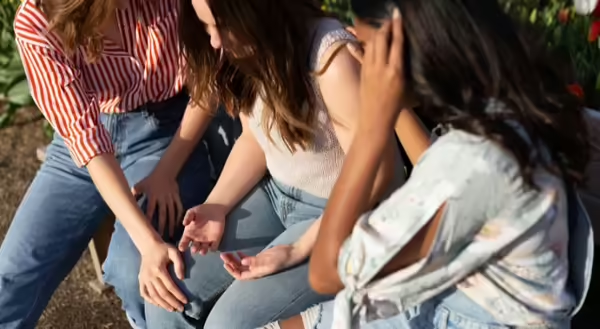
International Overdose Awareness Day is August 31, and this year’s theme is “Recognizing those people who go unseen.” It is important to “acknowledge people in our communities who are affected by overdose but might go unseen in the crisis.” According to the Centers for Disease Control and Prevention’s National Center for Health Statistics, provisional data shows that in 2021, there were an estimated 107,622 drug overdose deaths in the U.S. Overdose and substance use not only impact those who are directly consuming substances, but also their loved ones, first responders, healthcare workers, and others who know, love, and care for them. It is extremely important to recognize that overdose is not a siloed and silent problem; it is a devastating problem that impacts an entire community.
Unfortunately, a majority of the overdoses that have occurred in the nation are due to the consumption of opioids. Opioids are substances that are used to relieve pain and can be obtained legally through prescription (e.g., oxycodone, morphine, hydrocodone) or illegally (e.g., heroin). Synthetic opioids, which include fentanyl (an opioid that is 50 to 100 times more potent than morphine), were linked to 71,238 of the 2021 overdose deaths. In suburban Cook County, in 2020, 83% of opioid-involved overdose deaths involved fentanyl, and in Chicago, 89.9% of opioid-involved overdose deaths involved fentanyl between January and June 2021.
While overdoses and overdose deaths are devastating issues, thankfully, Naloxone can be used to potentially reverse an overdose and save someone’s life. When a life is saved utilizing naloxone, there is always the possibility that the person may decide to seek assistance and stop consuming substances. However, this means that naloxone needs to be readily available to anyone who may need it, and they need to know how to properly administer it. If you or someone you know could benefit from carrying naloxone, please visit the IL Helpline. This site can be utilized to locate free naloxone as well as substance use treatment centers. University of Illinois Extension also offers free Narcan (nasal naloxone) training. Please contact Sophia Ottomanelli at ottoman2@illinois.edu if you are interested in being trained.
Let’s work together to save lives and end tragedies!